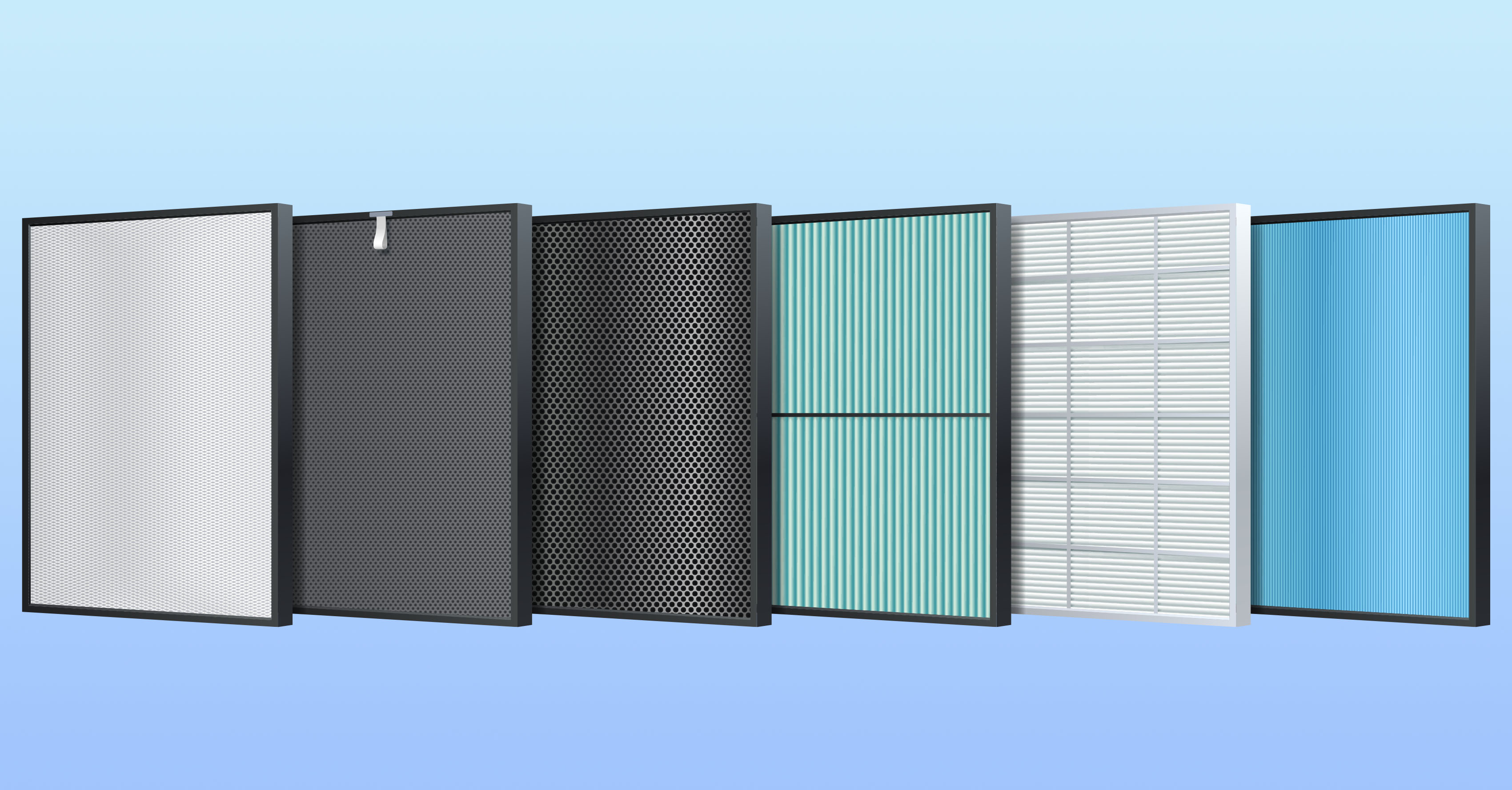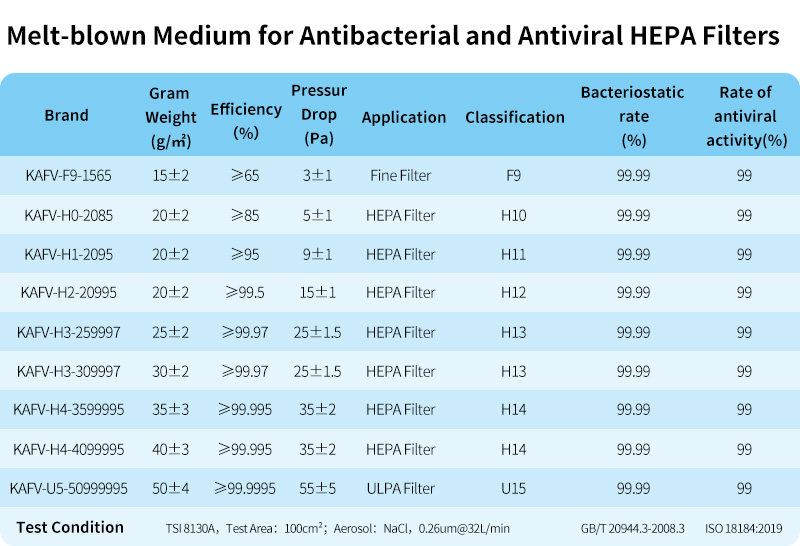HEPA (High-Efficiency Particulate Air) filters are known for their exceptional ability to trap microscopic particles and allergens. But how long can they keep doing it? How often should you replace a HEPA filter to ensure that your air purifier or vacuum cleaner continues to perform at its best?

The lifespan of a HEPA filter can vary depending on several factors. Generally, a HEPA filter can last anywhere from 6 months to 2 years, but it ultimately depends on the usage, environmental conditions, and the type and quality of the filter.
Usage
The amount of usage your air purifier or vacuum cleaner gets can affect the lifespan of the HEPA filter. The more you use the device, the quicker the filter will fill up with debris and become clogged, which reduces its efficiency. A filter in a high-traffic area may need to be replaced more frequently than one in a low-traffic area.
Environmental Conditions
Environmental conditions such as high humidity, moisture, or exposure to harsh chemicals can cause the filter material to degrade or promote mold and mildew growth. Filters used in environments with these conditions may have a shorter lifespan. Additionally, air pollution and high levels of particulate matter in the air can cause a filter to become clogged faster, reducing its lifespan.
Type and Quality of the Filter
The type and quality of the filter used can also impact its lifespan. While HEPA filters are generally considered the most effective, other types such as activated carbon and electrostatic filters may have a shorter lifespan. Lower quality filters may also have a shorter lifespan or be less effective at filtering air.
Regular Maintenance and Replacement
Regular maintenance and replacement of filters are crucial to ensure the longest possible lifespan of HEPA filters. This includes replacing pre-filters or other components that can affect the filter's performance and reducing the buildup of particulate matter to reduce mechanical stress on the filter material. Failing to replace a clogged or worn-out filter can also cause the device's motor to work harder, leading to overheating and eventual failure.
In conclusion, the lifespan of a HEPA filter can vary depending on usage, environmental conditions, and the type and quality of the filter. It is recommended to follow the manufacturer's guidelines for replacement and to regularly maintain and clean the device to ensure optimal performance. By doing so, you can ensure that your air purifier or vacuum cleaner continues to effectively trap and remove harmful particles from the air.
KINGFA's HEPA melt-blown filtration material uses a unique melt-blown electrostatic process, which is made of polypropylene special resin and high-efficiency electrostatic masterbatch as raw materials, and then melted into a non-woven fabric through melt-blown technology. The fiber has a special micro/nano structure, with a soft texture, strong static retention, good resistance to charge decay, and other advantages. It is widely used in fields such as air purifiers, automotive air conditioning, and fresh air systems.
Features
• Non-toxic,no peculiar smell
• Lightweight and soft, with initial resistance half of traditional melt-blown materials
• Used in air purifiers with higher CADR and CCM values
• Can be compounded with various materials





